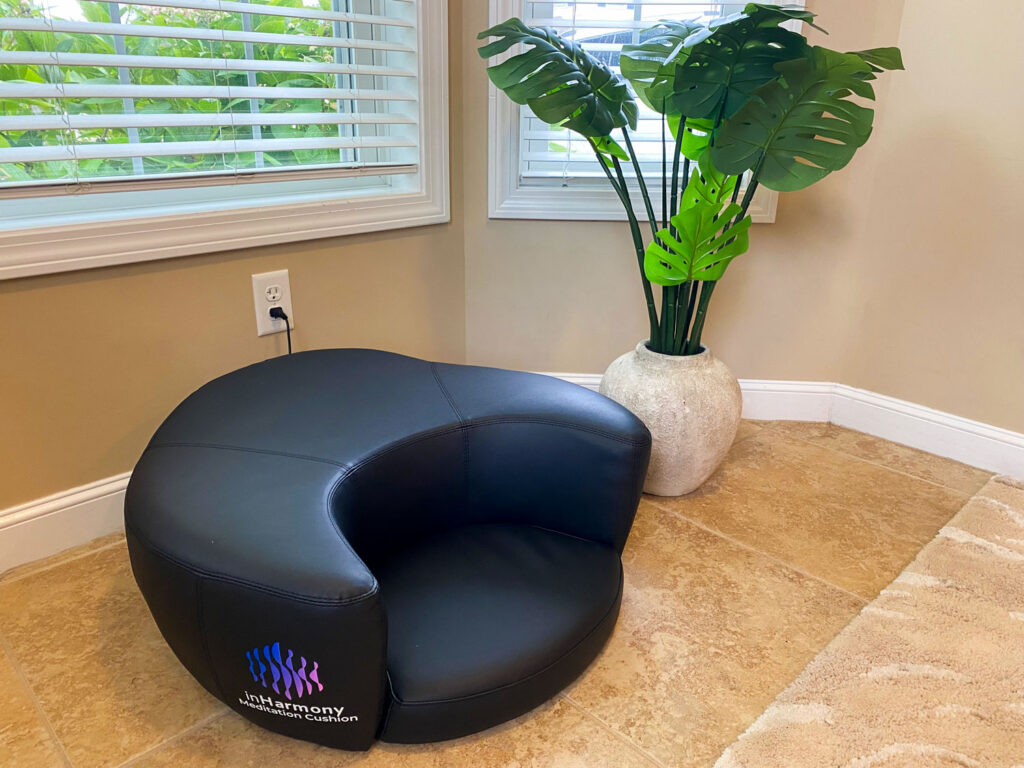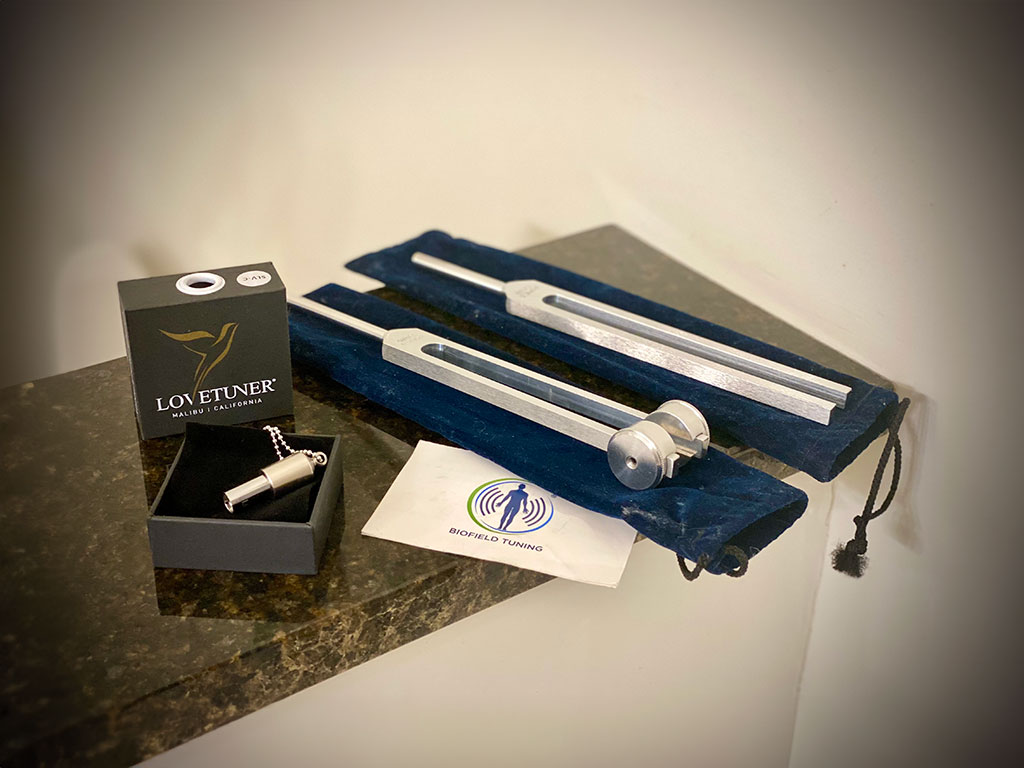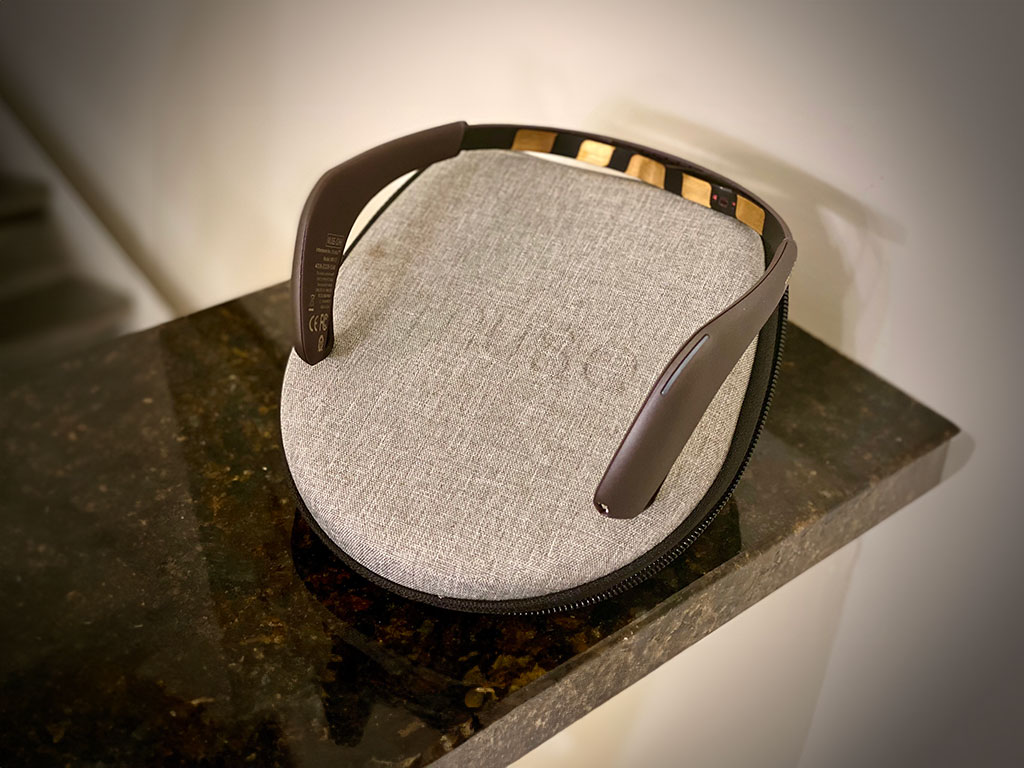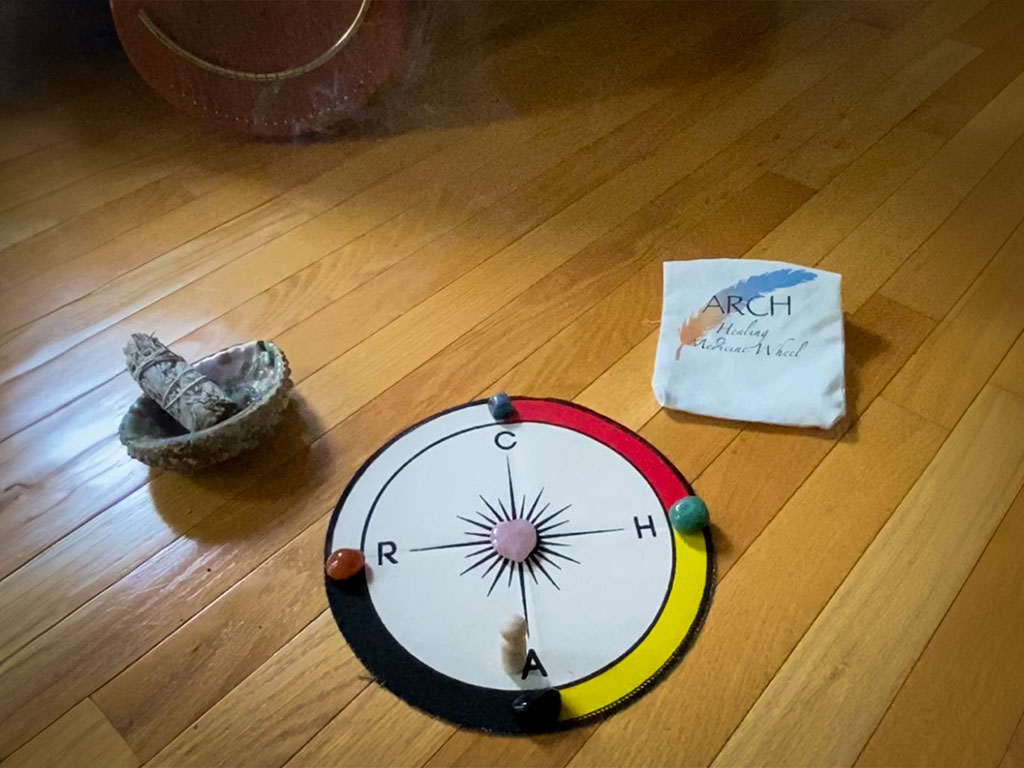Integrating aerial yoga and body inversions into mental health counseling practices can offer a unique and beneficial approach to promoting emotional well-being and holistic healing. Aerial yoga involves practicing traditional yoga poses using a hammock or sling suspended from the ceiling, allowing for greater freedom of movement and deeper stretches. Body inversions, where the body is positioned upside down, can also be incorporated into aerial yoga practice to further enhance the therapeutic benefits.
In mental health counseling, aerial yoga and body inversions can serve as powerful tools for promoting relaxation, reducing stress, and enhancing mindfulness. The physical movements and postures involved in aerial yoga help to release tension and improve flexibility, which can have a positive impact on mood and overall mental health. Additionally, the sensation of being suspended in the air can create a sense of lightness and freedom, allowing clients to experience a shift in perspective and gain new insights into their emotions and thought patterns.
Body inversions, such as headstands or shoulder stands, have been shown to stimulate the nervous system and increase blood flow to the brain, leading to improved cognitive function and mental clarity. These inversions can also activate the body’s relaxation response, helping to alleviate symptoms of anxiety and depression. By incorporating body inversions into counseling sessions, clients can learn to regulate their emotions more effectively and cultivate a greater sense of calm and balance in their lives.
Furthermore, aerial yoga and body inversions provide an opportunity for clients to practice self-care and self-compassion. Engaging in these practices encourages clients to connect with their bodies and become more attuned to their physical sensations and needs. This heightened awareness can lead to greater self-acceptance and a deeper sense of self-empowerment, which are essential components of mental health and well-being.
Overall, integrating aerial yoga and body inversions into mental health counseling can offer clients a holistic approach to healing that addresses both the mind and body. By combining movement, mindfulness, and self-expression, these practices can support clients in developing greater resilience, self-awareness, and emotional regulation, ultimately leading to a more balanced and fulfilling life.






